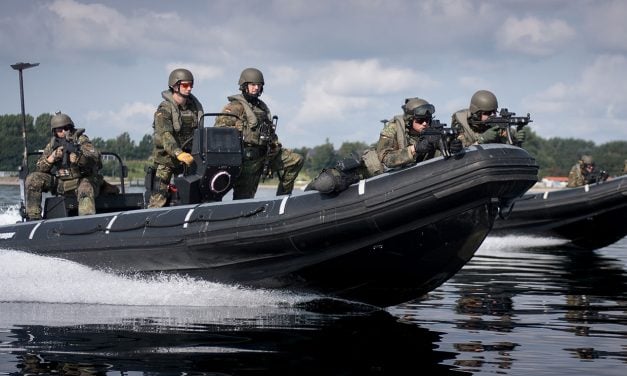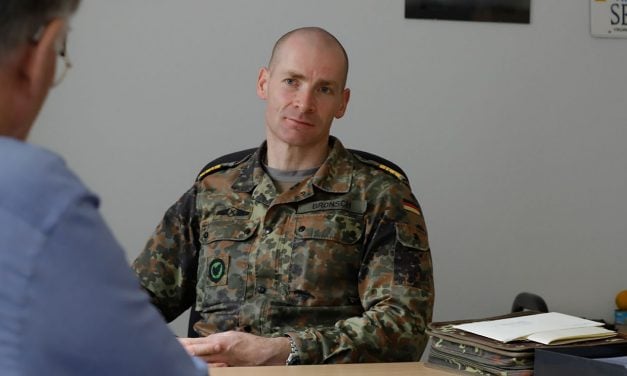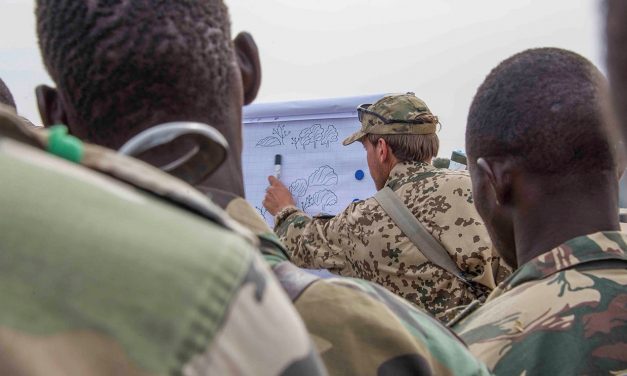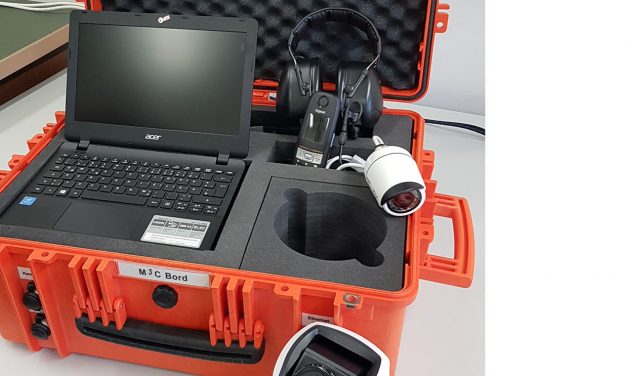Discipline and the will to succeed are crucial
The sea battalion attracts many young men, but also women, who are looking for a personal challenge. The fascination of this unit lies particularly in the fact that the battalion is the Bundeswehr's naval infantry. However: wanting does not mean being able per se. Questions for Kapitänleutnant Klemens Klabunde, 33, head of the training company 1 responsible for the "green" part since April 2019. Access marineforum digital+ Are you already a registered user? Log in here now - also MOV members: Username Password Remember meLost your password? Don't have access yet? Click here for the marineforum digital+ subscription: Access to all articles from the marineforum...
Weiterlesen






Latest comments